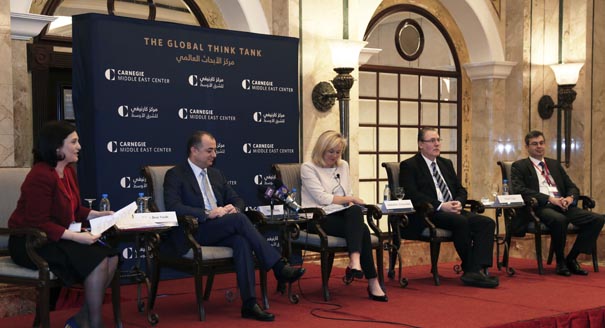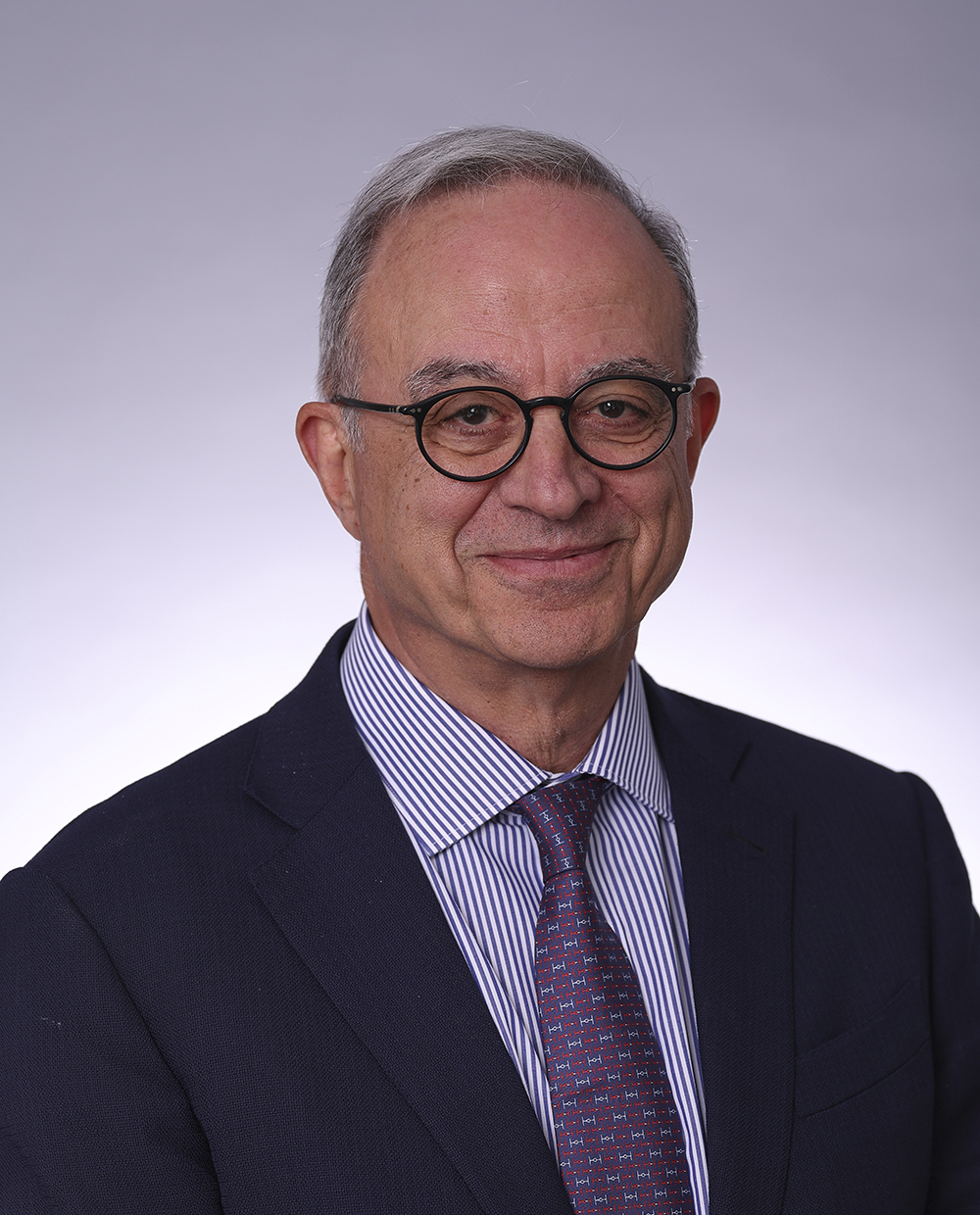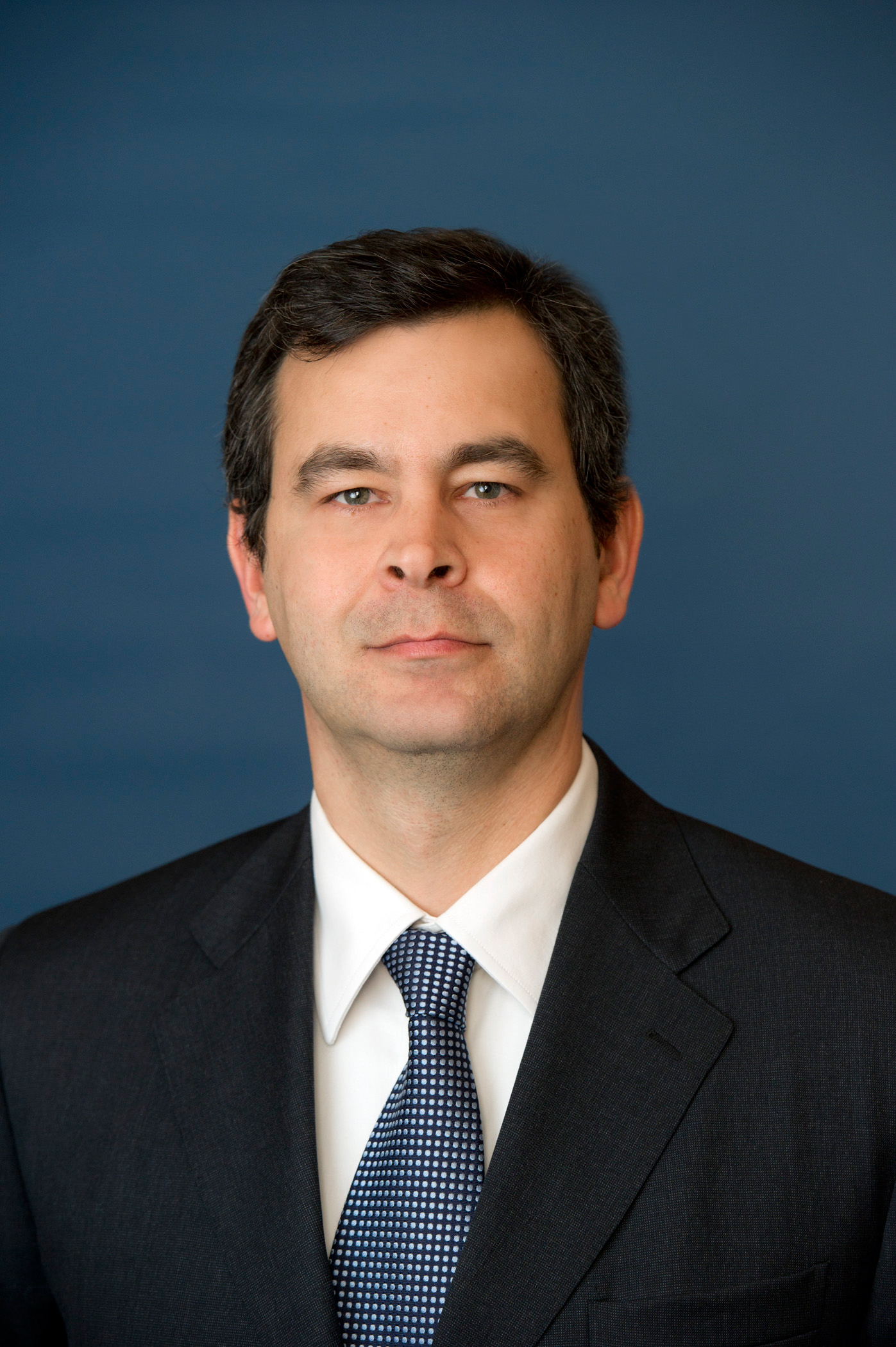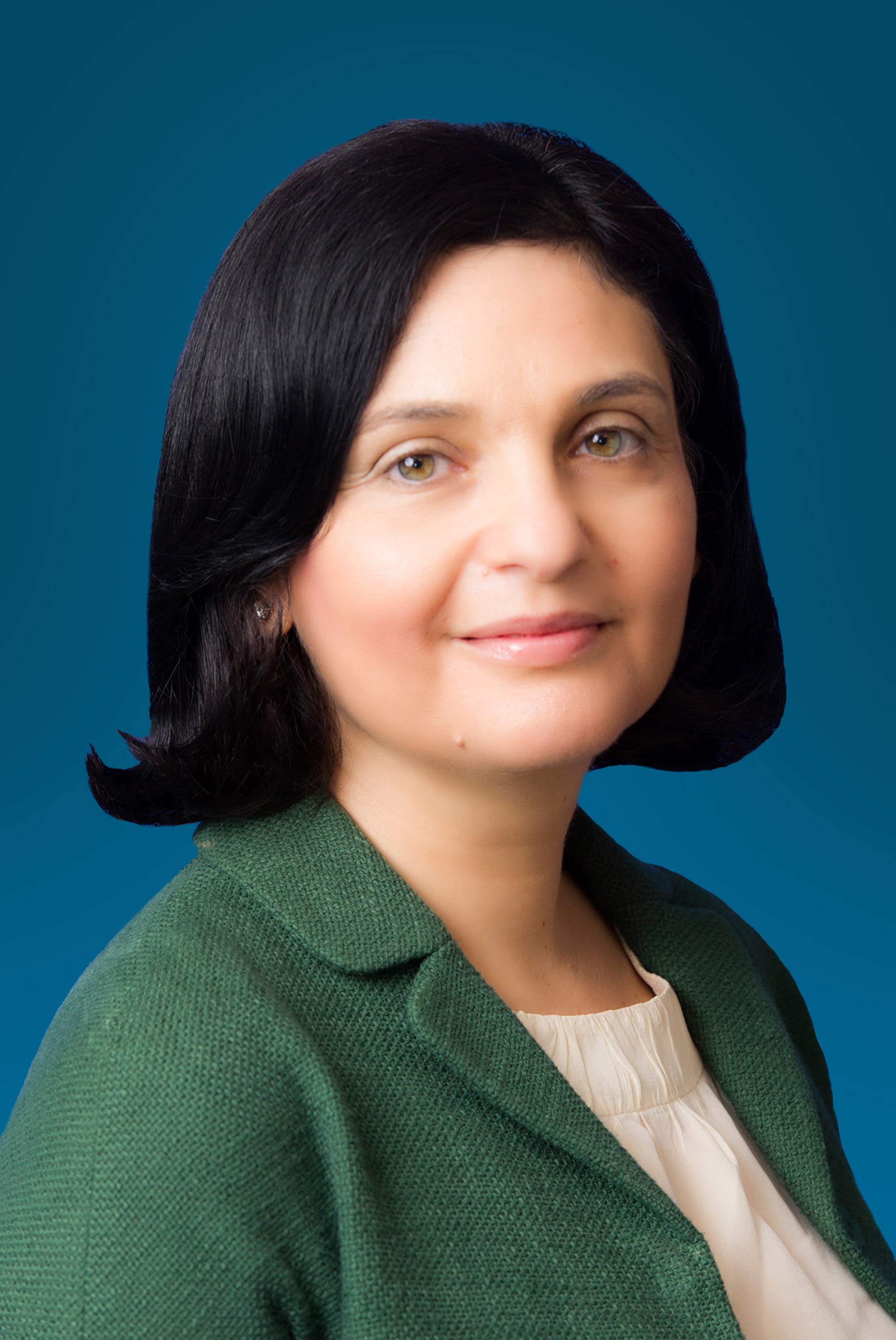{
"authors": [
"Marwan Muasher",
"Yezid Sayigh",
"Sinan Ülgen",
"Pierre Vimont",
"Maha Yahya",
"Marwan Muasher"
],
"type": "event",
"centerAffiliationAll": "dc",
"centers": [
"Carnegie Endowment for International Peace",
"Malcolm H. Kerr Carnegie Middle East Center"
],
"collections": [
"Arab Awakening",
"Conflict and Refugees"
],
"englishNewsletterAll": "menaTransitions",
"nonEnglishNewsletterAll": "",
"primaryCenter": "Malcolm H. Kerr Carnegie Middle East Center",
"programAffiliation": "MEP",
"programs": [
"Middle East"
],
"projects": [],
"regions": [
"Middle East",
"Syria",
"Western Europe",
"Levant"
],
"topics": [
"Political Reform",
"Security"
]
}
Seasons of Migration From the South
Tue, March 22nd, 2016
Beirut
The various conflicts raging in the Middle East, and particularly in Syria, have created a refugee crisis of unprecedented scale. Indeed, Arab countries today are host to almost half of the world’s refugees and internally displaced individuals. Beyond the significant humanitarian aspects of the crisis, these population movements signal a historic turning point for Arab countries. They are dramatically altering the political, economic, social, demographic, and cultural trajectories of countries in the region, and in Europe. This crisis is also generating a massive new underclass of impoverished citizens, jeopardizing the future of generations, and placing many at the risk of radicalization.
Carnegie hosted a conference to examine the political and socioeconomic repercussions of the refugee crisis in Arab countries and beyond. Over two days, panels of local and international discussed the various challenges and assessed possible political, humanitarian, developmental, technological, and social solutions, both in the areas affected by conflict and in host communities.
Agenda
March 22, 2016
9:30–9:45 a.m.
Welcoming Remarks
Marwan Muasher, vice president for studies at Carnegie Endowment for International Peace
Maha Yahya, senior associate and acting director of Carnegie Middle East Center
9:45–11:15 a.m.
Panel I | Reconstituting States and Societies: The Politics of the Refugee Crisis
Nine Arab countries are experiencing violent conflict; these countries have generated almost half of the world’s refugees. The war in Syria has transformed the country into the epicenter of the largest refugee crisis in recent history. The scale and nature of these migrations are radically transforming the region on multiple levels. Speakers considered the implications of the refugee crisis and explored its impact on state systems, social orders, and economic prospects, and commented on future trajectories.
Speakers:
Abdallah Al-Dardari, Deputy Executive Secretary at UN ESCWA
Elias Bou Saab, Lebanese Minister of Education and Higher Education
Sigrid Kaag, United Nations Special Coordinator for Lebanon (UNSCOL)
Sinan Ülgen, visiting scholar at Carnegie Europe
Moderator:
Maha Yahya, senior associate and acting director of Carnegie Middle East Center
11:15 –11:45 a.m.
Coffee Break
11:45–1:30 p.m.
PANEL II | A Push to the Fringe: Expanding a Regional Underclass
Conflict-driven population movements are generating extensive socio-economic turmoil, not least of which is the dramatic impoverishment of large numbers of citizens, particularly in urban areas. Speakers on this panel reflected on the challenges facing millions of internally displaced populations as well as the needs of refugees and host communities in terms of education, training, health care, and employment. They also considered the impact of the refugee crisis on social solidarity and assessed policies that can mitigate the alarming expansion of informality and inequality, and evaluated options for host countries to turn the sudden influx of populations from a burden to an opportunity.
Speakers:
Ibrahim Awad, director of the Center of Migration and Refugee Studies at the American University of Cairo
Jihad Azour, former Lebanese minister of finance
Tanya Chapuisat, UNICEF Lebanon Representative
Rabie Nasr, researcher and co-founder of the Syrian Center for Policy Research
Moderator:
Yezid Sayigh, senior associate at Carnegie Middle East Center
1:30–2:30 p.m.
Lunch Break
2:30–4:00 p.m.
PANEL III | Voices From the Field
Municipalities, local governance councils, and national civil society organizations are often the first responders to the needs of migrating populations in duress. They are also at the front lines of engaging with the challenges facing refugees and host communities. Participants reported on their views from the field with regards to the distressed refugees and host communities and considered specific actions critical to addressing their needs.
Speakers:
Samar Muhareb, co-founder and director of Arab Renaissance for Democracy & Development-Legal Aid
Şenay Özden, independent researcher and analyst on Syria and Turkey and co-founder of Syrian cultural house "Hamisch" in Istanbul
Hussam Salim, activist and contributor to Zahrat Nisan
Dergham Touma, head of the municipality of Qubb Elias
Moderator:
Lamia Moubayed Bissat, director of Institut des Finances Basil Fuleihan
4:00–4:15 p.m.
Coffee Break
4:15–6:00 p.m.
Panel IV | What Next After London
The London conference promised $11 billion to countries that have taken in the largest number of refugees in the region, namely Turkey, Jordan, and Lebanon. While government strategies and white policy papers have been presented by respective governments, the modalities of this funding and of implementing projects remain in question. Speakers in this panel discussed plans for addressing the refugee crisis after London and responded to the question of what needs to be done differently. The panel also considered the mechanisms needed to enhance innovative public-private partnerships and business-government collaboration in dealing with the fallout of the crisis.
Speakers:
Mireille Girard, representative of the United Nations High Commission for Refugees (UNHCR) in Lebanon
Ziad Hayek, secretary general of the Higher Council for Privatization of the Republic of Lebanon
Shadi Karam, senior advisor to the Lebanese Prime Minister
Omar Razzaz, chairman of Al Ahli Bank in Jordan
Moderator:
Ferid Belhaj, director of the World Bank for Middle East and North Africa
March 23, 2016
9:30–11:00 a.m.
Panel V | Innovators and Entrepreneurs
With over 60 million people displaced from their homes across the globe, and an expanding wave of refugee and migration patterns, governments and international agencies have been under considerable strain to respond to an overwhelming quantity and range of needs. At the same time, entrepreneurs and the private sector have stepped in to try and address some of the fallouts of the refugee crisis. Speakers at this panel considered different roles that innovators and entrepreneurs are playing and the operational frameworks that could facilitate their work.
Speakers:
Markus Kreßler, co-founder of Kiron University, world class education for refugees
Loay Malahmeh, co-founder Refugee Open Ware, advanced technology for human rights in conflict zones
Abeer Seikaly, architect, artist, and cultural producer, designer of Weaving our Home
Ionna Theodorou, co-founder of StartupAid
Moderator:
Maha Yahya, senior associate and acting director of Carnegie Middle East Center
11:00–11:30 a.m.
Coffee Break
11:30–1:00 p.m.
PANEL VI | Europe and its Other
The large influx of refugees is placing European countries under considerable strain, posing a fundamental challenge to the very principle of the union of the Mediterranean advocated by the European Union prior to the crisis. Speakers considered long term challenges posed by the refugee crisis including issues of identity and integration as well as more recent security-based questions both in terms of homeland security and foreign policy.
Speakers:
Yves Bertoncini, director of the Jacques Delors Institute in France
David Gardner, international affairs editor at the Financial Times
Martin Huth, ambassador of Germany to Lebanon
Henriette Johansen, anthropologist and researcher, specialising in migration and the Near and Middle East
Roderick Parkes, senior analyst at the European Union Institute for Security Studies
Moderator:
Sinan Ülgen, visiting scholar at Carnegie Europe
1:00–2:00 p.m.
Lunch Break
2:00-4:00 p.m.
PANEL VII | Governing the Crisis: Responsibility to Protect or Responsibility to Resolve
Conflicts of the twenty-first century are no longer inter-state. Rather they are taking place between government forces and non-state actors. This changing nature of conflict has a significant impact not only on the millions caught in the line of fire, but also on the means with which to respond to these conflicts. It also poses considerable questions about the adequacy of current international protection systems and the mechanisms available for the governance of the refugee crisis. Speakers at this panel considered international and regional responsibility in protecting civilians as well as resolving conflicts. They also reflected on the challenges of protracted displacement, options for stabilization and peace-building processes and the possibility of rights that are not contingent on political membership.
Speakers:
Sarah Cliffe, director of New York University’s Center on International Cooperation
Tarek Mitri, director of the Issam Fares Institute for Public Policy and International Affairs at the American University of Beirut
Pierre Vimont, senior associate at Carnegie Europe
Hugo Brady, speechwriter to President of the European Council, Donald Tusk
Moderator:
Marwan Muasher, vice president for studies at Carnegie Endowment for International Peace.
Carnegie does not take institutional positions on public policy issues; the views represented herein are those of the author(s) and do not necessarily reflect the views of Carnegie, its staff, or its trustees.
Event Speakers
Marwan Muasher is vice president for studies at Carnegie, where he oversees research in Washington and Beirut on the Middle East. Muasher served as foreign minister (2002–2004) and deputy prime minister (2004–2005) of Jordan, and his career has spanned the areas of diplomacy, development, civil society, and communications.
Yezid Sayigh is a senior fellow at the Malcolm H. Kerr Carnegie Middle East Center in Beirut, where he leads the program on Civil-Military Relations in Arab States (CMRAS). His work focuses on the comparative political and economic roles of Arab armed forces, the impact of war on states and societies, the politics of postconflict reconstruction and security sector transformation in Arab transitions, and authoritarian resurgence.
Sinan Ülgen is a senior fellow at Carnegie Europe in Brussels, where his research focuses on Turkish foreign policy, transatlantic relations, international trade, economic security, and digital policy.
Vimont is a senior fellow at Carnegie Europe. His research focuses on the European Neighborhood Policy, transatlantic relations, and French foreign policy.
Yahya is director of the Malcolm H. Kerr Carnegie Middle East Center, where her research focuses on citizenship, pluralism, and social justice in the aftermath of the Arab uprisings.
Marwan Muasher is vice president for studies at Carnegie, where he oversees research in Washington and Beirut on the Middle East. Muasher served as foreign minister (2002–2004) and deputy prime minister (2004–2005) of Jordan, and his career has spanned the areas of diplomacy, development, civil society, and communications.




